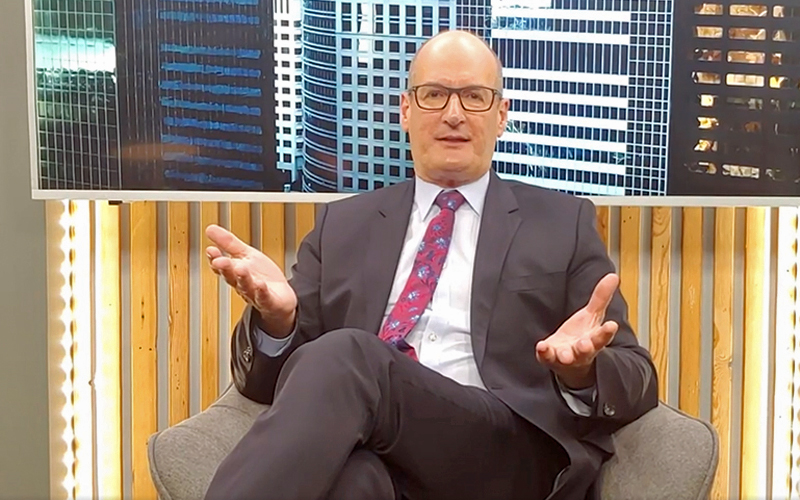The economy will boom, the average Australian will have a secure job, but not a big increase in wages, their house value will continue to go up strongly and price rises at the supermarket will stay low.
That’s the helicopter view of your financial life over the next 12 months from the Federal Budget.
Thankfully, it will be a lot better than the last year.
While the Federal Budget bombards us with data and new policies it is simply the blueprint for your financial life over the next year. And it’s looking pretty good.
Economic growth will be an impressive 4.5 per cent next financial year before it settles down to a more normal 2.5 per cent the year after.
Your job
Remember this time last year and the scary predictions of unemployment above 10 per cent?
It peaked at 6.9 per cent, is now 5.5 per cent, will continuing dropping to 5 per cent over the next year, then 4.75 per cent and bottom out at 4.5 per cent in 2023/24. That’s the lowest level it has been in decades.
But the average wage rise will be just 1.5 per cent next year and 2.5 per cent the year after.
With restricted migration because of border restrictions and record job vacancies, there is a real possibility of a worker shortage. That means retrenchments will be scarce and the jobs market will be strong for anyone wanting to change careers or employers.
The big spending in infrastructure and property means that is where a lot of the new jobs will be.
Your family budget
On the income side wage rises will be low but extending the Low and Middle Income Tax Offset will add $1080 to the tax refund of singles and $2060 for dual income households. That happens in this year’s tax return and now next year’s.
On the expenses side, inflation will stay low so price rises will be subdued. The next CPI figure will be high because it will bounce off the lows of this time last year at the depths of the Covid lockdown. And after that washes through, next year’s inflation will be just 1.75 per cent.
Families will benefit from the increased childcare subsidies.
Your house
The property market is already hot and this budget will ensure values will continue to rise.
The HomeBuilder grant will continue into the next year and while first home buyers are currently able to save for deposit through their superannuation to the tune of $30,000… that will be increased to $50,000 in July 2022.
Senior Australians will be able to invest up to $300,000 into superannuation from the profit made when downsizing the family home.
All that is on top of the current record levels of council approvals, new construction starts and home loan financing.
Forecasters reckon home values will be up 10-15 per cent this year and the same next year.
But this boom is predicated on the Reserve Bank sticking to its promise of keeping official interest rates at these record low levels until 2024.
Your small business
When the Government talks about this as being a “jobs” Budget it really means creating an incentive for bosses to hire more staff.
It does this by creating a strong economy, encouraging consumers to spend and providing incentives for business to grow and invest.
The instant asset write-off for new equipment purchases will be extended for another year, as will be ability to offset past losses against future profits.
Plus, there are big stimulus packages for the tourism, aviation, arts and education sectors.
National debt? No stress
And don’t get too stressed about Government debt as a result of this big spending Budget.
I’m amazed at how much people stress about the level of Government debt.
‘Leaving a huge credit card bill for our children to pay off” is a very emotive sentiment but the figures show debt level, while higher than normal, are very manageable.
Compared with the rest of the world we went into the pandemic with a low level of Government debt and we’ll come out of Covid with a low level.
That’s because, as a strong stable economy, the Government has been able to borrow at very low interest rates… as low as 0.1 per cent.
The Budget papers show net Government debt rising from $617 billion this year to $920 billion in June 2024 – that’s a an almost 50 per cent increase.
But the total interest bill this year will be $14.1 billion and rise to $16.7 billion in the 2024 financial year … a rise of 18 per cent.
So the nation borrowed 50 per cent more in debt, but the interest bill has gone up only 18 per cent.





























Trending